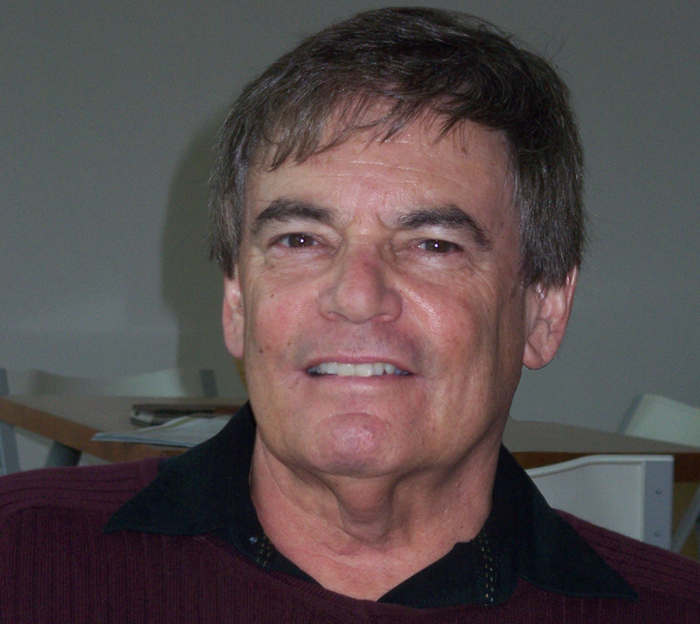Notice: Undefined index: file in /srv/www/blog.flashreport.org/releases/20130218155602/wp-includes/media.php on line 1676
[Publisher’s Note: We are pleased to offer this original commentary from longtime FR friend Doug Lasken — Flash]
My quest these days is to craft a theoretical platform for a Republican candidate for California Governor which, while embodying traditional Republican values, would ensure that the candidate could win. Achieving this goal requires a change in the current platform of the state and national GOP. Specifically, it requires a definitive and public moving away from what are known generally as “Tea Party” positions. As I’ve written for Flashreport (“The Tea Party” is not unified“), the Tea Party is not a party, has no platform and no official candidates. Nevertheless, its perceived core positions- e.g. condemnation of homosexuality, opposition to gun control and all abortion, and endorsement of fracking are supported by far less than 50% of the electorate and are opposed so vehemently by the majority that seeming acceptance of the Tea Party, by itself, was enough to sink Mitt Romney’s campaign for president, as it would sink the prospects of any like-minded GOP candidate for California governor.
The state GOP, if it wants to turn things around, should heed the figures from the Public Policy Institute of California, which outlines the far-right’s problem in California:
Abortion: 79% of likely voters “say the government should not interfere with a woman’s access to abortion,” further stating, “This view is held by majorities across parties, regions and demographic groups.”
Gay marriage: 61% of adults and 64 percent of likely voters are in favor of legalization. The study continues, “A majority of those age 55 and older (55%) are also in favor for the first time. Support has increased 15 points among mainline Protestants since May (55% to 70%).” My views on the GOP and gay marriage are detailed in Flashreport (“Neel Kashkari for Governor?”).
Fracking: 53% of voters opposed; 32% in favor.
Regarding gun control, according to the USC Dornsife/Los Angeles Times poll (March 2013), “Nine of ten gun owners and slightly more among non-owners favored background checks for all gun purchases. Eighty-seven percent of conservatives shared that position, along with 96% of liberals.”
The Public Policy Institutes findings on marijuana legalization bring me to the topic of this essay: “A slim majority of adults (52%) say marijuana use should be legalized — a record high and the first time support has been above 50 percent.”
As it happens, though, I do not think support for legalization of marijuana should be a GOP position, at least not yet. There are too many questions about who will collect the vast fortunes involved, safety concerns for the product, and the fact that the Public Policy Institutes findings include this: “A larger majority of likely voters (60 percent) favor legalization. Democrats (64 percent), independents (60 percent), and men (57 percent) are more likely than Republicans (45 percent) and women (47 percent) to favor legalization.”
The party should not go against the 55% of Republicans who have reservations about legalization. But the GOP, if it really is going to compete with the Democrats, should make an attempt to collect some of the 60% of independents who support legalization. The party does not have to endorse legalization to do this.
My concept was inspired by an editorial in the current Scientific American magazine (Feb., 2014), titled “End the Drug War Research Bans” (access for subscribers only here). The editorial reviews the legal status of marijuana and other banned drugs (LSD, psilocybin and ecstasy, or MDMA), which, per the Controlled Substances Act of 1970, are categorized as Schedule I, meaning that they “have no currently accepted medical use.”
The editorial points out that we are banning drugs we know little about, other than that they are abused recreationally. We are in a “catch-22,” in which “…these drugs are banned because they have no accepted medical use, but researchers cannot explore their therapeutic potential because they are banned.” The article continues: “The decades-long research hiatus has taken its toll. Psychologists would like to know whether MDMA can help with intractable post-traumatic stress disorder [a winning position for veterans], whether LSD or psilocybin can provide relief for cluster headaches or obsessive-compulsive disorder…,” also noting that “marijuana has logged thousands of years as a medicament for diseases and conditions ranging from malaria to rheumatism.”
The editorial’s remedy is to move these drugs to Schedule II, explaining that, “Such a move would not lead to decriminalization…Schedule II also includes cocaine, opium and methamphetamine, after all- but it would make it much easier for clinical researchers to study their effects.”
What would it cost a GOP candidate for CA governor to endorse moving marijuana et al to Schedule II so they can be studied? Clearly it would cost him/her nothing, and in all likelihood would garner many new and younger voters.
It’s not enough for Republicans to repeatedly announce that they want more of the popular vote, or to pursue that end by proclaiming that the GOP stands for limited government, or the individual, or other generalized positions; no one cares. The Party needs specific policy changes, and it needs them quickly.
I will be attending the California Republican Party state convention in San Francisco next month, and I plan to do my part to urge the party towards survival. If the far-right continues its dominance, we can take that as an indication that the state GOP is resigned to handing a fourth term to Jerry Brown. I, for one, would not like to see that. A few well thought-out policy changes, and a candidate who can articulate them would make all the difference.
Doug Lasken is a retired LA Unified teacher, recently returned to coach debate, a freelancer and education consultant. Read his blog at http://laskenlog.blogspot.com/ and write him at doug.lasken@gmail.com.


